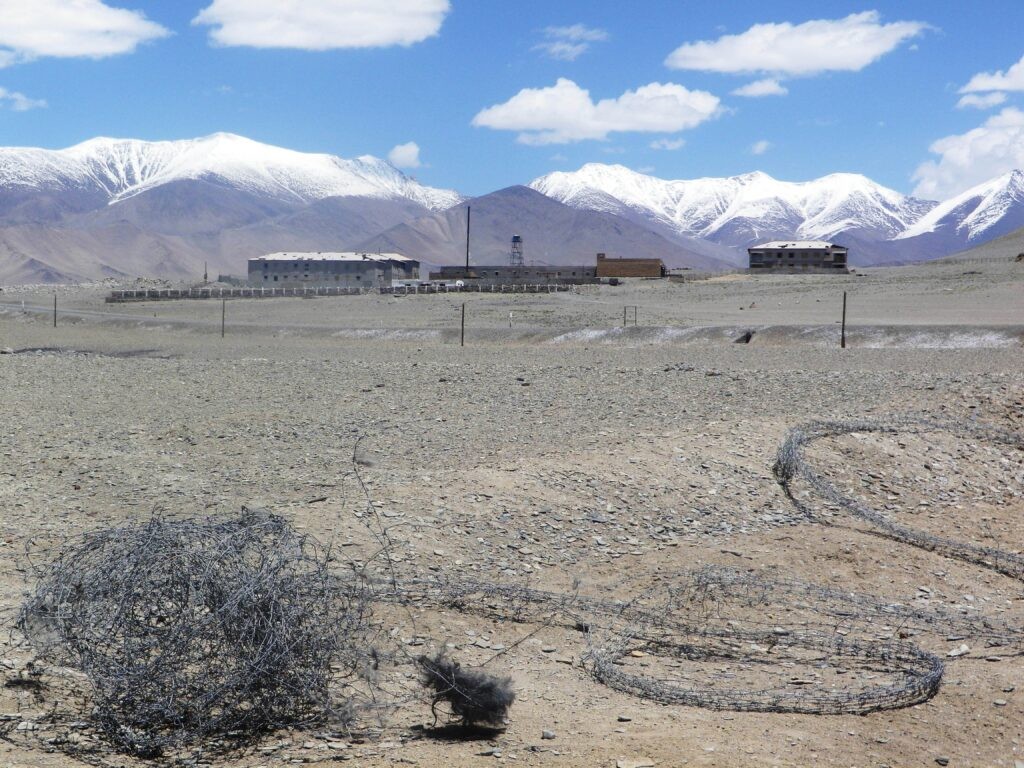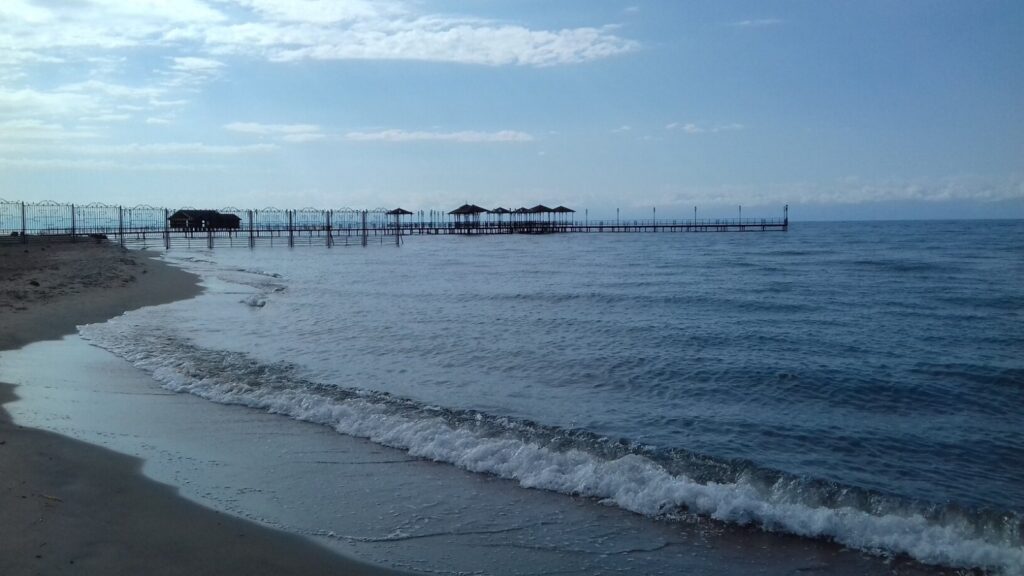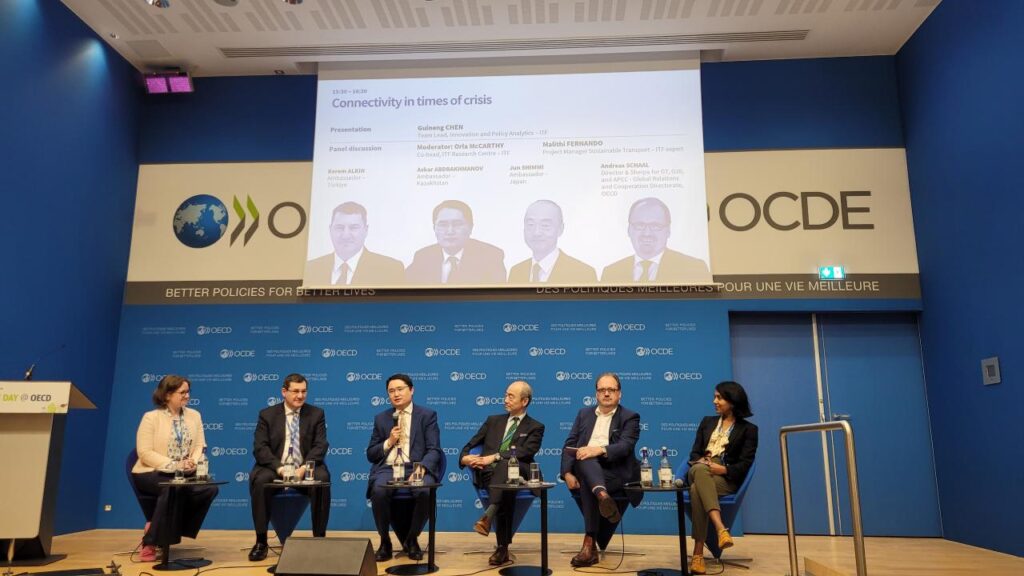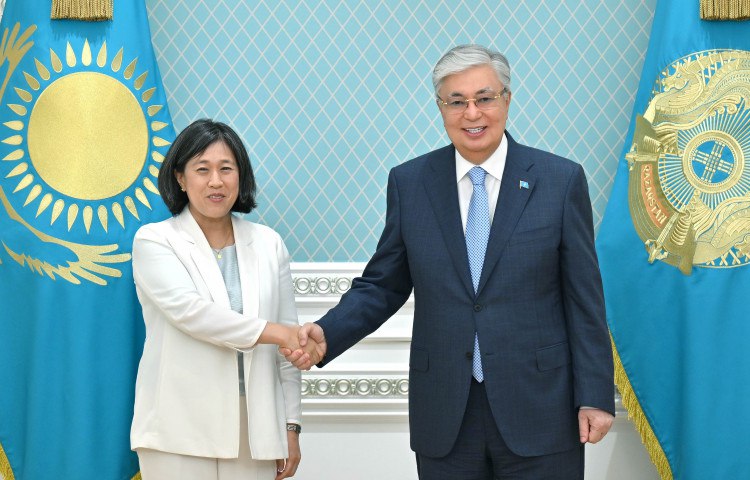Border Dispute No More: Are Bishkek and Dushanbe Ready to Make Peace?
Kyrgyzstan and Tajikistan have long been restless neighbors from Tashkent and Astana’s point of view. In many respects, Kazakhstan and Uzbekistan forced the current rapprochement of the Central Asian republics, as expressed on the outer perimeter in the C5+1 format, where the region strives to put forward a consolidated position. After all, investment does not come to problematic areas.
The problem border
The main sticking point in relations between Bishkek and Dushanbe stretches for almost a thousand kilometers – the border between the two states – the demarcation of which, following the collapse of the USSR, neither the government of Kyrgyzstan or Tajikistan was concerned about. There were enough problems to deal with: falling living standards, civil war in Tajikistan, and endless revolutions in Kyrgyzstan. To date, the border has still not been fully demarcated, causing problems for residents of both states over access to water, pastures, and roads. Disputed territories accounted for about 30% of the border between the two countries.
The first alarm bells sounded back in 2014 – in January and May of that year there were armed incidents on the border between northern Tajikistan’s in Sughd Province and Kyrgyzstan’s Batken Province. Tajiks and Kyrgyz have lived compactly in this densely populated area for centuries. Tajik villages neighbor Kyrgyz villages, there are exclaves such as Vorukh, and the border can crisscross roads, presenting difficulties for traveling.
“In Soviet times, people moved around quietly when the borders were conditional. Residents on both sides had free access to pastures and arable land. There were no problems along the watershed. If lands were given by the republics to each other for some purpose, local authorities knew where and whose land was located. With the collapse of the Union, the whole system ceased to function. And the problems of open unmarked borders became more acute,” political observer Negmatullo Mirsaidov explained in a commentary for the BBC Russian Service after the January 2014 clash.
Time passed, but the situation did not change, and a new aggravation occurred in the first year of the COVID-19 pandemic. Then, clashes were repeated with depressing regularity, and in 2022 came a military incursion by Tajik soldiers into a Kyrgyz border village with the seizure of administrative buildings. Armed clashes broke out all along the border and Russia intervened, forcing the parties to negotiate. Central Asia then picked up the baton, trying to melt the ice of hostility between the skirmishing neighbors.
In early February, Tajik President Emomali Rahmon met with Kyrgyz Foreign Minister, Jeenbek Kulubayev, in Dushanbe. According to the press service of the head of Tajikistan, “Over the past four months, the parties have agreed on the design and working description of about 196 kilometers of the state border and to date have determined about 90% of the line of its passage.”
Considering that the Tajik-Kyrgyz border is about 980 kilometers long, about 100 kilometers remain to be agreed upon. Before the clash in 2022, more than 300 kilometers of the border were considered disputed.
Consequences of conflicts and rebuilding relations
The border conflicts could not help but affect economic relations between Kyrgyzstan and Tajikistan. Between 2018 and 2022, the volume of bilateral trade fell more than threefold, from $49.6 million in 2018 to $15 million in 2022. At the same time, exports declined almost tenfold and imports fourfold.
In the last five years, Tajikistan’s main exports have been cotton, cement, electricity, aluminum, and stone fruits. Kyrgyzstan in return supplied petroleum products, crude oil, matte glass, coal and briquettes, and cement. Investment into Tajikistan’s economy from the Kyrgyz side show a gradual increase from 2018 to 2022, reaching a total of $9.7 million, with a particularly significant increase in 2021. The bulk of this investment ($7.2 million) falls under the “Other Investment” category, which includes loans, credit, and grants.
Experts from the two countries share confidence that Bishkek and Dushanbe will fairly quickly restore normal relations. The work of topographic groups continues, and the parties are in contact through diplomatic channels, all the more so because Kyrgyzstan and Tajikistan share common interests.
The Tajik political scientist and researcher,Parviz Mullodzhanov reminded us back in 2021 of the points of contact that Bishkek and Dushanbe could forge. “Both countries have held common positions on the region’s water and energy problems,” he stated. “In the 2000s, the water dispute de facto divided the region’s countries into two camps. Thus, the downstream countries, primarily Uzbekistan and Kazakhstan, adhered to the concept that all regional water resources are shared. On the contrary, the upstream countries, Tajikistan and Kyrgyzstan, suggested that water resources should be considered a strategic resource in which all countries in the region should invest. Accordingly, the upstream countries believed that maintaining water reservoirs was costly and suggested that their neighbors pay for their maintenance, as they pay for energy supplies. Another proposed option was the joint financing of Tajik and Kyrgyz water and energy projects, and here, Dushanbe and Bishkek also adhered to similar positions,” Mullodzhanov emphasized.
In other words, the rift between Bishkek and Dushanbe is, to some extent, beneficial to Astana and Tashkent because they will not be able to adhere to a unified position as regards their water resources. On the other hand, these republics are involved in large interstate infrastructure projects promoted by China, and to let down such a large and influential investor because of the inability of two small but proud nations to agree means to sign one’s own geopolitical death-knoll. Nevertheless, as we await the seemingly inevitable next round of water disputes between the Central Asian republics, it is better than a senseless massacre on the border.








